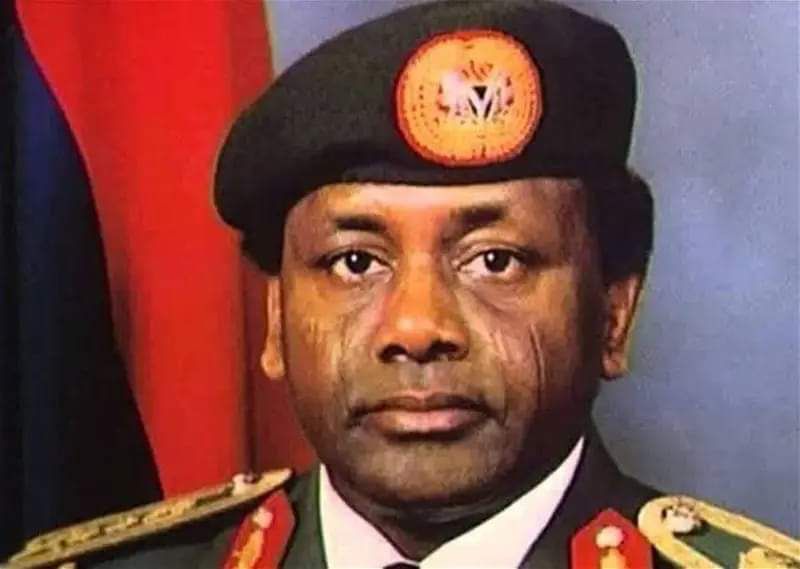By Karen James
The June 12 presidential election of 1993 stands out as one of the momentous events that shaped the Nigeria we know today. Unlike many other incidents in the country’s history, this election was not marred by corruption, violence, or rigging. It was a day when Nigerians voted in a free and fair manner, and the late Chief MKO Abiola emerged as the winner.
Even after 31 years, the significance of June 12 still resonates. However, Prof Odion Akhaine, who was detained for fighting for the revalidation of the election, laments that the ethos of June 12 is not being displayed by the current leaders in Nigeria. He believes that the best way to immortalize June 12 is to practice what it represents – free and fair elections.
Sadly, since 1999, Nigerian elections have been disputed and marred by blatant rigging. Prof Akhaine points out that the current crop of leaders in the country has failed to uphold the principles of June 12, and every attempt to improve the electoral process is often subverted by state actors. This, he says, is a tragedy for Nigeria.
June 12 also symbolizes the importance of democracy and the rejection of military rule. It serves as a reminder that military rule is not an alternative to democracy and that those in power must adhere to democratic principles.
As Nigerians observe the ritual of June 12 every year, it highlights the contradictions in the country’s democratic process since 1999. The recent elections have shown that the voters’ will is often disregarded, and the current state actors seem to be more interested in consolidating their power than serving the people.
To truly immortalize June 12, Prof Akhaine suggests shaming political actors for their non-performance and remembering the veterans who fought for democracy in Nigeria. He emphasizes the need to address the unresolved issues of the June 12 struggle, such as restructuring the military and ensuring the proper functioning of local governments.
The Buhari administration’s declaration of June 12 as Nigeria’s Democracy Day is a significant step. However, Prof Akhaine believes that the true value of June 12 lies in its substance rather than mere symbolism. Recognizing Chief MKO Abiola posthumously as President would be a meaningful gesture, but what is more important is for those in power to uphold the principles of democracy that June 12 represents.
As for the civil society, Prof Akhaine argues that it has lost its true purpose. NGOs are often driven by the agenda of their funders, and social movements have waned. He calls for the rebuilding of a strong civil society that can fight for the transformation of society and hold the government accountable.
Reflecting on his own experience during the June 12 struggle, Prof Akhaine admits that there were moments of fear and uncertainty. However, the cause they were fighting for was more important than personal safety. He expresses his disappointment that the same commitment and dedication are lacking in today’s generation of leaders. He believes that inspiring hope in Nigeria is crucial, as change is inevitable, but its color remains uncertain.
In conclusion, June 12 holds immense significance in the history of Nigeria. It represents a day of free and fair elections, the rejection of military rule, and the fight for democracy. However, the current state of Nigerian politics falls short of what June 12 represents. To truly immortalize June 12, it is essential to practice the values it embodies and hold those in power accountable for their actions. Only then can Nigeria truly move forward and fulfill the promises of democracy.

